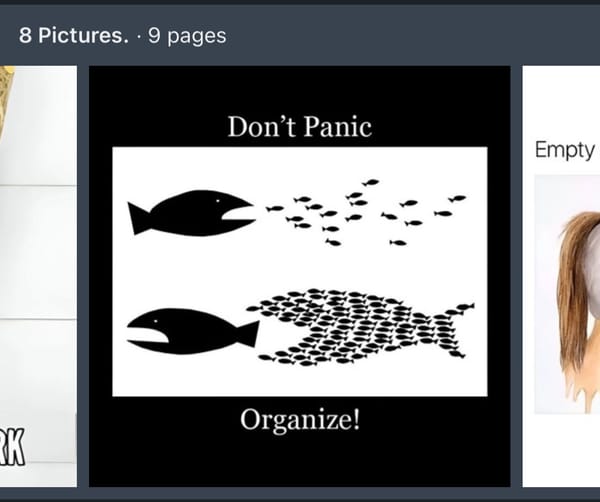The Philosophy of Temporal Intelligence
Temporal intelligence is a concept with two main meanings: the human cognitive ability to understand and manage time, and a capability in AI for systems to process and reason with time-based information

Why Weekend Network Thinks in Time Multipliers
Intelligence has always been trapped in the moment.
Reports expire. Dashboards lose relevance. Forecasts become footnotes.
Weekend Network shifts from predicting to preparing—from treating data as snapshots to designing intelligence that evolves, learns, and compounds over time. Each report isn’t a conclusion; it’s a continuation.
Three Laws of Temporal Intelligence
- Knowledge compounds, not expires.
Every 30-day signal is an early draft of a 300-day story. Every 300-day pattern is the foundation of a 3,000-day transformation. The deeper the temporal sequence, the more precise the behavior mapping becomes. - Time is the most valuable dataset.
While most organizations chase immediacy, those who map continuity understand velocity. The goal isn’t to predict the future—it’s to adapt faster than anyone else when it arrives. - Foresight is built, not bought.
Intelligence can’t be outsourced as a deliverable. It must live inside your ecosystem—fed, reinforced, and reinterpreted with every new signal. Weekend Network installs this operating rhythm into your organization’s DNA.
Why It Works
Temporal Intelligence is exponential by design.
A 30-day view delivers clarity.
A 300-day view delivers momentum.
A 3,000-day view delivers permanence.
Each level compounds upon the last, turning insight into infrastructure.
When time itself becomes part of your intelligence system, you no longer analyze markets—you orchestrate them.
You can discover new and emerging markets at weekend.network.





